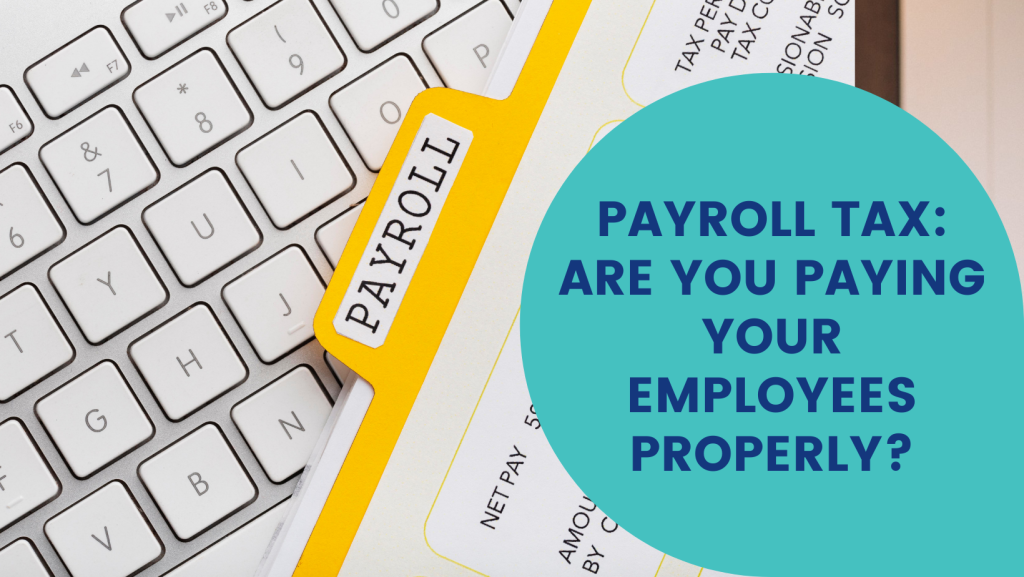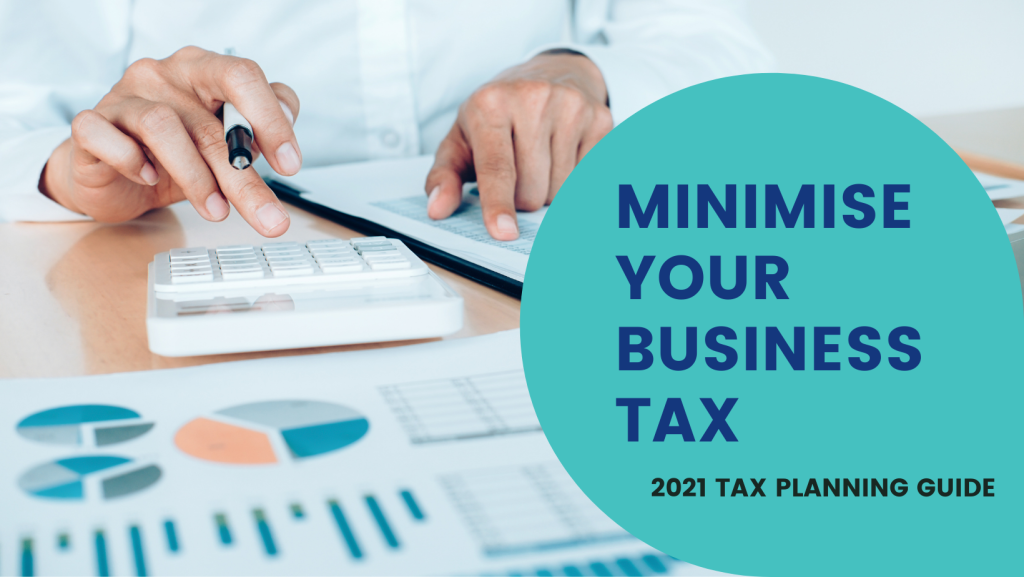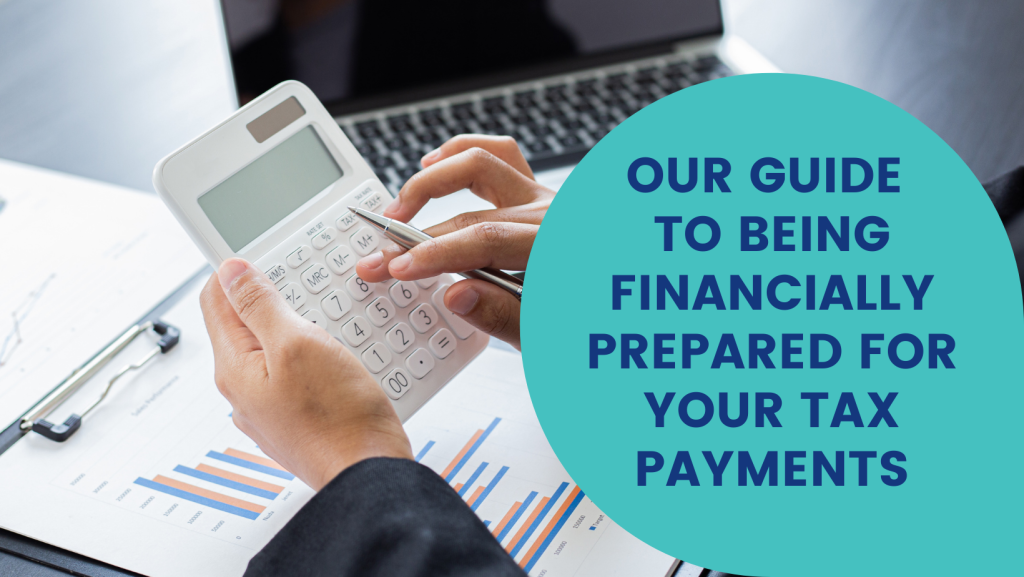Payroll Tax: Are You Paying Your Employees Properly?
The human resources department is the cornerstone of any business operation, as the success of your enterprise cannot be achieved without a competent workforce. While technology and automation can improve efficiency, there are still many tasks that require human intervention. One such task is the handling of payroll tax, which is a critical aspect of any business and requires a dedicated team member to ensure accuracy and compliance.
Proper Employment Practices
Being a good boss is more than just staying efficient in your operation. Although you can manage your team effectively for your company’s purposes, you also need to know the proper way of handling payroll. It’s an obligation you have to bear as you become responsible for your employee’s output, growth, and wellbeing.
Not all enterprises demand a large staff. Nevertheless, no industry or business is too small or too complex to need them. For this reason, employers must know their way around paying their employees.
In this article, we’ll share four dues you need to consider when paying your employees.
1. Payroll Tax
An employer owes payroll tax once wage values exceed certain thresholds. Since different states have their own rules affecting specific tax brackets, you must research which policies will affect you. Since payments will also vary depending on the employee type, you should keep accurate ledgers. Otherwise, you could compute the wrong payments for the wrong deduction rates.
2. Pay As You Go (PAYG) Withholding
The Australian tax system allows most individual workers to receive a tax refund yearly through the PAYG withholding system. This will enable employers to withhold pay throughout the year and submit it to the Australian Taxation Office. Once your employees file their individual tax returns, the withheld amounts are counted as their tax refund.
Keep in mind that the computation for PAYG withholding payments must be precise. Otherwise, you could be at risk of getting denied tax deductions for all salaries an employer files. This can affect your credibility as a business entity and compromise your employees’ trust in handling company finances.
3. Fringe Benefits Tax
Fringe benefits tax is a form of taxation for indirect payments paid by their employer. Since these payments are registered under your name as an employer, you need to check which benefits will be affected when granting them to your employees. This includes offers for discounted loans, payment for perks like gym memberships, or general reimbursement for company-sponsored expenses.
4. Superannuation Payments
Superannuation payments help employees to save for their retirement in the long term. Employers are obligated to pay these payments at least four times a year, adding to a super fund which an employee can choose willingly. The penalties for getting supper payments wrong can lead to considerable fees to the ATO. Since it’s a long-term investment that affects your employees’ financial future, you need to be extremely cautious when computing for these “extra” wages.
Conclusion
Proper payment practices are more than just observing taxation policies. While it’s great to avoid penalties from the ATO, the true goal of proper payroll practices is to keep your staff happy and motivated. Giving them the compensation they deserve is a great motivator to help them grow as individuals and contributors to your business.
Unfortunately, not all business owners are savvy when it comes to numbers and accounting processes. Thankfully, you don’t have to guess and check your payroll practices through trial and error. Instead, you can entrust your payroll procedures with reliable accounting experts.
If you’re looking for business accountants in Sunshine Coast, we’re the right company to call. At Wardle Partners, we can help realise your financial goals through our wide range of financial services. Contact us at 07 5492 0300 today!





